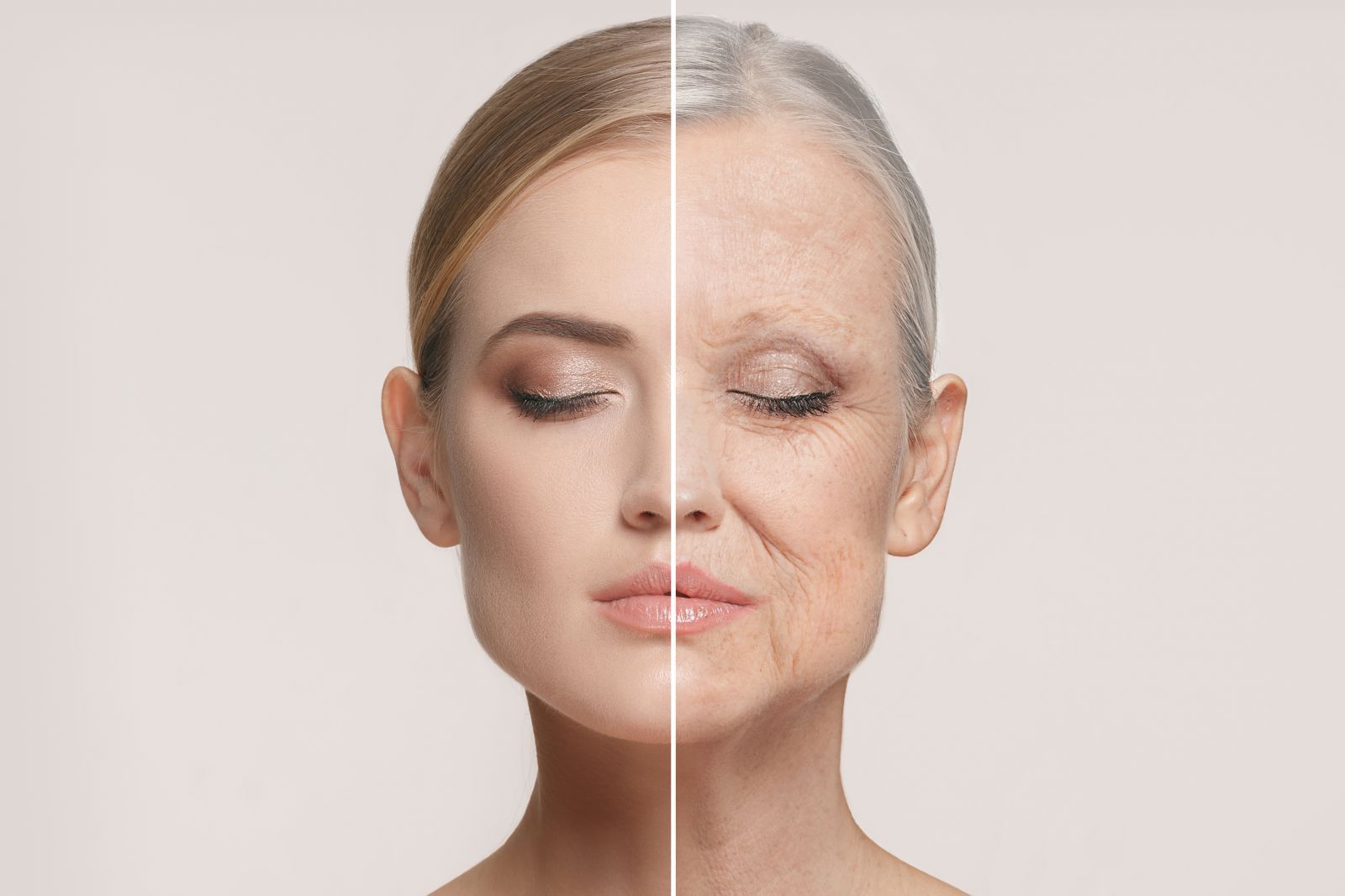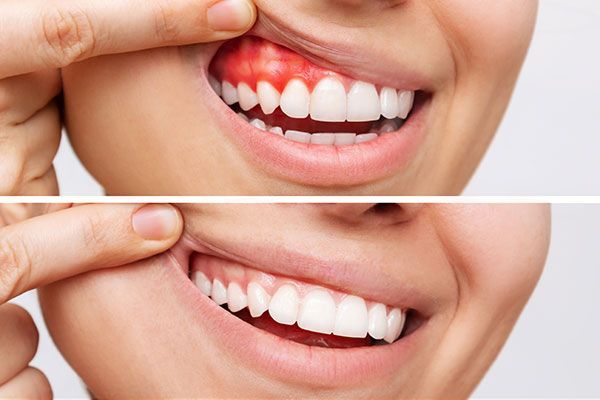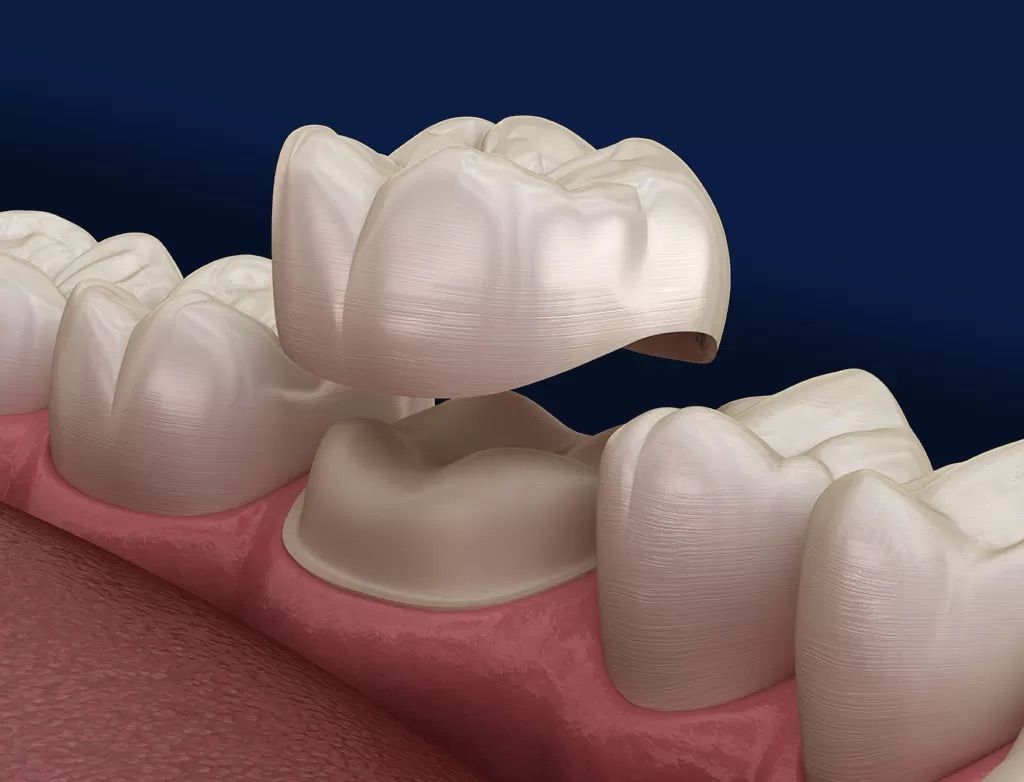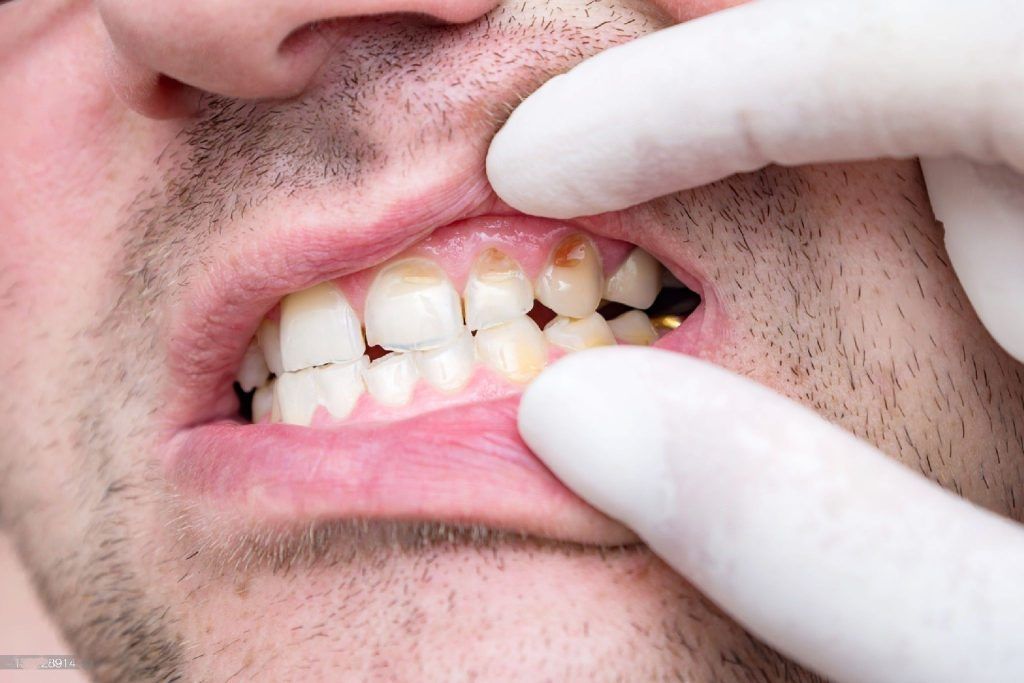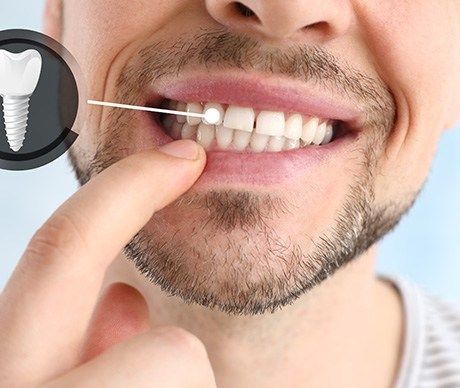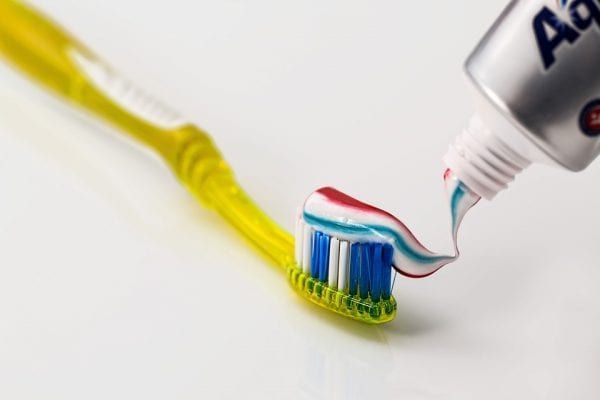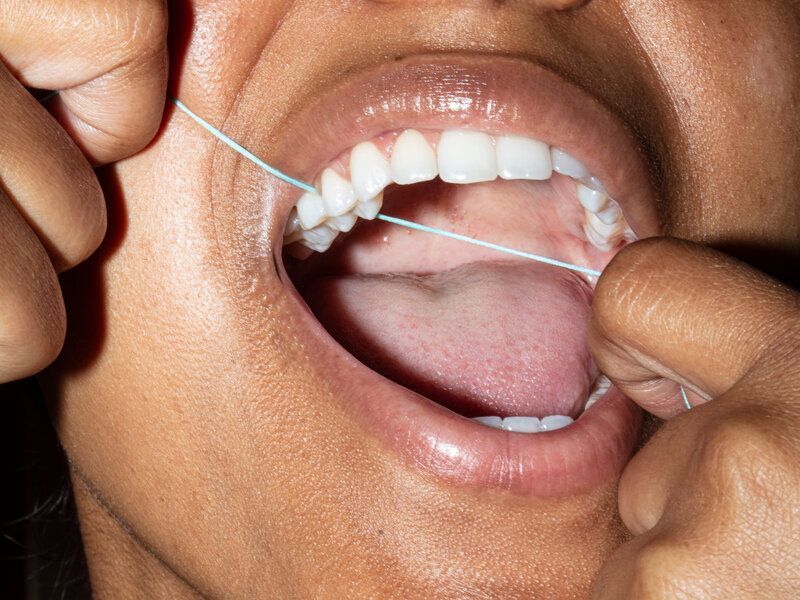Should I Get Dental Implants?
If you have been wondering if dental implants make sense for you we are going to dive into that here. The short and sweet version is dental implants are a top of the line choice for replacing a single tooth or multiple teeth. They provide the stability and feel of a natural tooth and are easily maintained the same as your natural teeth. They are the more expensive treatment option because of their complexity and are not advised for everyone.
What are your goals?
First, what are your treatment goals? Are you wanting to replace a single tooth, or do you have multiple missing teeth? Are you looking for the most economical option? Do you mind committing to multiple appointments and allowing for healing time?
Single Missing Tooth
If you have a single missing tooth then a dental implant will provide the most natural feel and great aesthetics. A single dental implant is much like having a natural tooth, they are strong, beautiful, and are easily cleaned and maintained the same as natural teeth.
This is also going to be your more expensive treatment, because of the complexity. A more economical option may be to fill the gap with a bridge, which we will talk more about shortly.
Multiple missing teeth
If you have multiple missing teeth, placing multiple individual implants is an option, or placing a bridge might be the best option for feasibility. Bridges can be used with natural teeth or in combination with implants.
If you have many teeth to replace a partial or full denture may be the recommendation. Dentures are often used with implants when there is not a lot of natural bony gum ridge for the denture to hold on to. In this case, implants are used to securely anchor the denture in place.
Bridges
Bridges as mentioned earlier can be used to replace single or multiple missing teeth. They are typically the more economical option than implants, the drawback is they don’t provide as natural a feel and are more tedious to maintain.
If you are unclear about what a dental bridge is, picture an actual bridge that spans over water. A bridge is anchored on both sides to land and spans over a gap with nothing below it.
A dental bridge is the same, it can be anchored to only one side or both sides to span the area of missing teeth. The anchor points of the bridge can be a natural tooth fitted with a crown with a bridge attached, or to an implant with a bridge attached. If there are multiple missing teeth, it may not be feasible to replace each one with an implant, in this situation an implant paired with a bridge may be the best option.
With a bridge, the prosthetic crown(s) spanning the area of missing teeth have nothing below them, because of this a bridge doesn’t feel as natural as an all implant option. You may notice a flexion when biting. Also, this space created between the crown(s) and gumline is notorious for collecting food/debris. You must keep a bridge cleaned well to keep it all healthy and strong.
Who is a good candidate for dental implants
A successful dental implant requires commitment and good healing ability. A dental implant is a titanium post placed into your jaw bone, much like the root of a natural tooth in its socket. Time must be given for bone to fuse around the titanium post. The healing time of an implant varies, but on average is between 3 months to a year.
If you suffer from poor healing then this may not be a good option for you. If proper healing doesn’t happen then the implant will not be strong enough to support the function of a tooth and can become infected.
Diabetes may cause poor wound healing, and many dentists will not place implants if the patient smokes. This is because smoking reduces blood flow, impairing healing abilities. Your health history needs to be thoroughly discussed with your dentist to determine if dental implants are a good option for you.
Factors that affect healing time include the location of the implant, overall health, smoking, number of implants, and additional procedures that may be required before implant placement, like a sinus lift.
After healing an abutment is attached to the titanium post, this is a metal piece above the gum line that your new crown, bridge, or denture will attach to. At this time an impression will be taken to build your new custom prosthetic. When your prosthetic is complete you will return for the placement of your new crown, bridge, or denture!
To maintain dental implants is much like caring for a natural tooth. While dental implants may not be able to get cavities they are not bulletproof. They still require good oral hygiene and nutrition. You will want to floss the area well, and if space allows use a non-wire proxy brush to keep all around the implant clean. While implants can’t get cavities they are still susceptible to gum disease.
Conclusion
As you can see implants can be a lengthy process. If you are willing to commit to both the cost and time, dental implants prove a very stable and beautiful solution to replace missing teeth.
If you would like to learn more, we here at Salem Dental specialize in dental implants.
Contact Us!
Office Hours:
Monday: 8am - 5pm
Tuesday: 8am - 5pm
Wednesday: 8am - 4pm
Thursday: 8am - 5pm
Friday: Closed
Saturday: Closed
Sunday: Closed
Request an Appointment
Contact Us
We will get back to you as soon as possible.
Please try again later.

